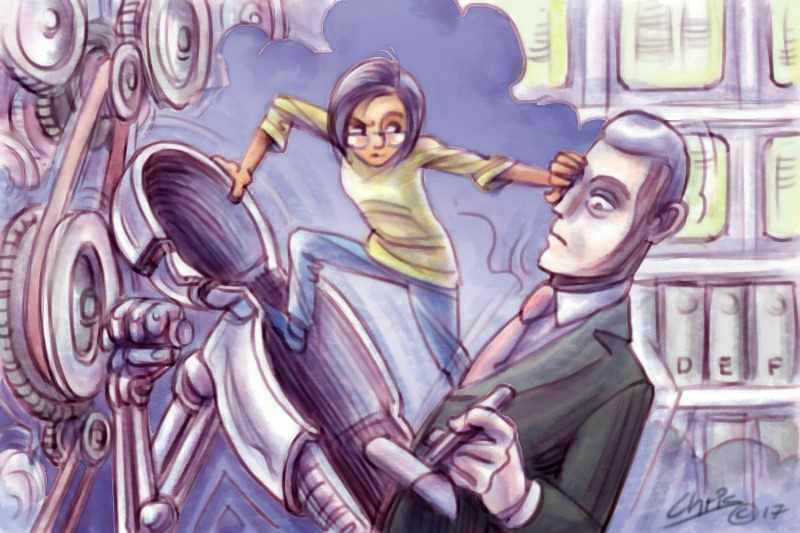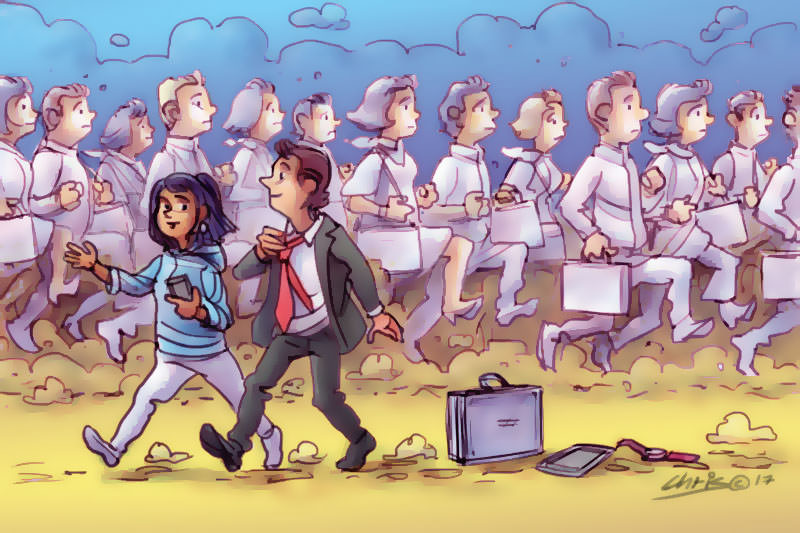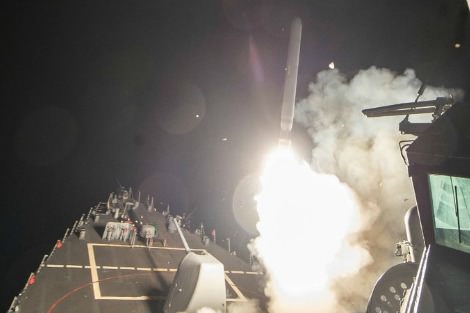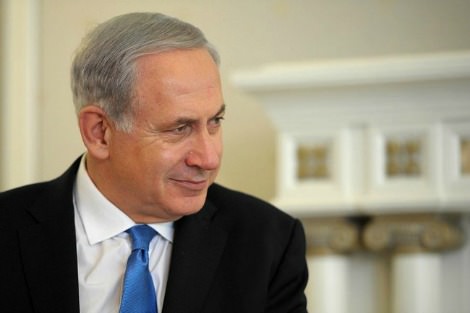Keywords: Arts
There are more than 200 results, only the first 200 are displayed here.
-

AUSTRALIA
When I wrote recently that the future of work lies in understanding work as 'pleasure in the exercise of our energies', one reader noted 'these discussions have little meaning when you are poor or dispossessed'. Spending your life doing what you are competent at pales into insignificance when set against the prospect of a life engrossed in one's passions. That is a decision that every worker has it within their power to make. And as it turns out, it should be a concern of the unemployed, too.
READ MORE 
-

RELIGION
As adults we deal with KPIs every day at work, targets defined apparently for one's benefit so we all know what needs to be achieved if our jobs are to be secured. Sadly, they also determine what, how and where we focus our efforts as these targets are internalised over time. If there is to be a future for work, it is to be found in such disobedience, a rejection of the primacy of paid labour for work as 'pleasure in the exercise of our energies'.
READ MORE 
-

RELIGION
- Frank Brennan
- 08 May 2017
1 Comment
Our Church is presently a strained, outdated social institution with an exclusively male hierarchy and clergy. But it is also the privileged locus for us to be called to the banquet of the Lord sharing theology and sacrament which have sustained the hearts and minds of similar pilgrims for two millennia. Thank God for Pope Francis who is showing us the way, helping us to find meaning in our changing and chaotic world, putting a fresh spring in the step of all those Catholics holding in tension the prophetic and the practical, the theological and the humanist, the tradition and the contemporary reality.
READ MORE
-

AUSTRALIA
- Fatima Measham
- 27 April 2017
4 Comments
A significant portion of the work that goes on in our economy is voluntary. It features in many contexts, such as social welfare, mentoring, animal welfare, landcare, local sport, and arts and literary activities. It can be hard to make a case for volunteering at a time when labour exploitation is rife. Students, migrants and Indigenous people, who need to establish work experience, are particularly vulnerable when it comes to unpaid work. This does not mean that volunteer work can never be meaningful.
READ MORE 
-

INTERNATIONAL
- Binoy Kampmark
- 10 April 2017
5 Comments
Absent a Security Council resolution, the US had operated independently, adopting a policing and punitive stance against the Assad regime. 'This action,' House Speaker Paul Ryan insisted, 'was appropriate and just.' If humanitarian intervention is supposedly engineered to punish a regime in breach of obligations to protect the civilian population, it starts looking, all too often, like an act of regime change. At what point is the distinction on such matters as proportion or necessity even credible?
READ MORE 
-

MEDIA
- Francine Crimmins
- 03 April 2017
4 Comments
I can think of many films I saw in childhood which still resonate because of their morals and characters. The dark and dangerous fire swamp of The Princess Bride, where Westley must wrestle with rabid beasts to save the damsel in distress, taught me about bravery. The Harry Potter series shows a boy who has suffered a great loss but finds community and purpose during his time at Hogwarts. There's something all these movies have in common: they were all about men.
READ MORE 
-

ARTS AND CULTURE
- Tim Kroenert
- 22 February 2017
6 Comments
It is the story of two 17th century Portuguese Jesuits who travel to Japan to locate their former mentor, who is said to have renounced his faith, and to spread Catholicism. They find the local Christian populations have been driven underground, under threat of torture and execution. The lesson they come to learn against this fraught backdrop is that the living out of religious faith and the strengths and limitations of ordinary humanity cannot be considered in isolation from each other.
READ MORE 
-

AUSTRALIA
- Andra Jackson
- 22 February 2017
15 Comments
Israeli Prime Minister Benjamin Netanyahu's visit to Australia this week is having precisely the opposite impact to what he no doubt intended. Instead of shoring up support for Israel's flagrant disregard for United Nations resolutions condemning its continual annexation of Palestinian land, it is driving a deep wedge into what was previously unflagging bipartisan Australian political party support for Israel. Australia's connection with Palestine actually predates the creation of the state of Israel.
READ MORE 